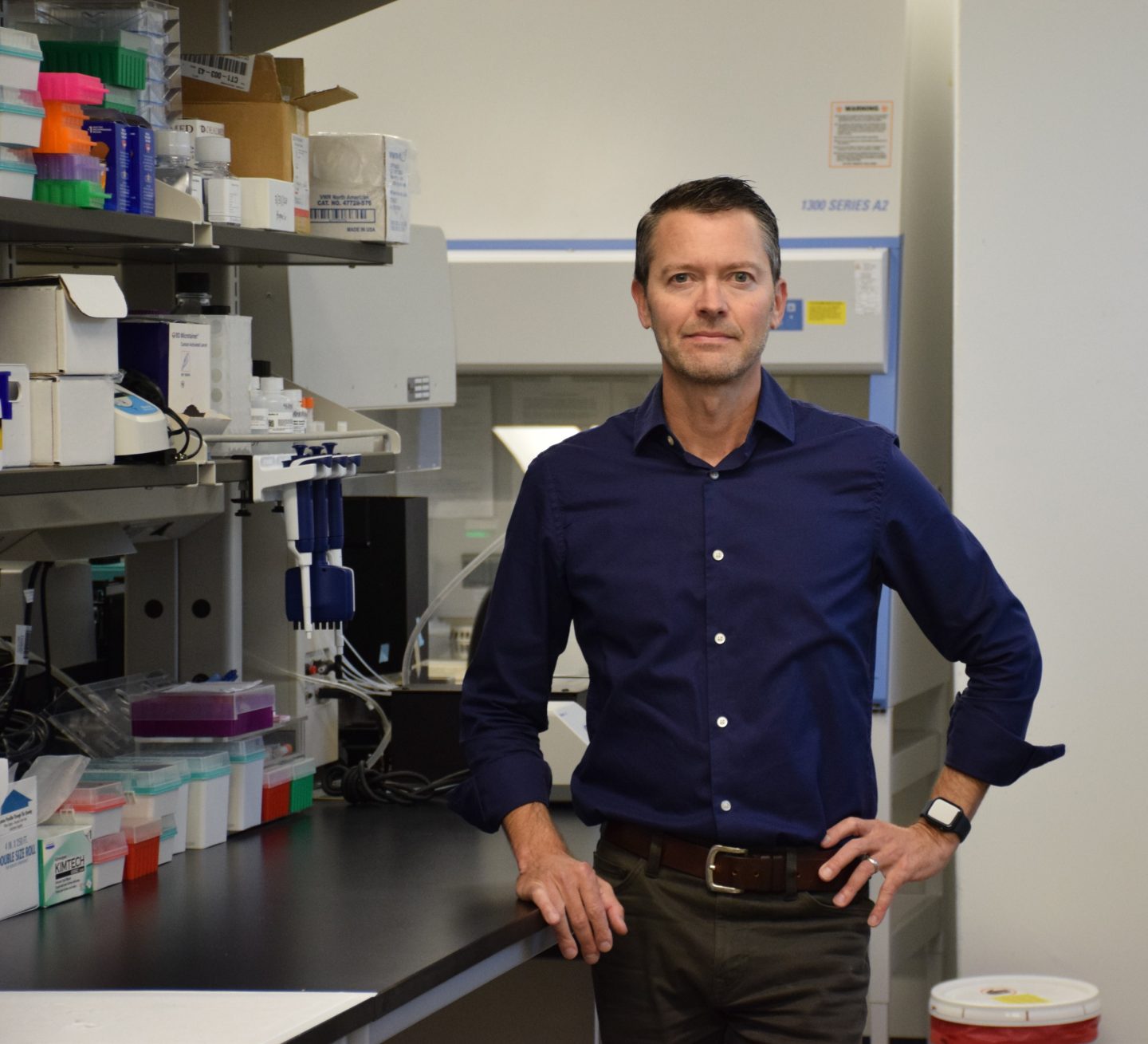
Thom McDade is the Carlos Montezuma Professor of Anthropology and Faculty Fellow of the Institute for Policy Research at Northwestern University. He is a biological anthropologist and population health scientist, and has conducted research on how social and ecological contexts shape health and human development in diverse community-based settings around the world. Much of this work focuses on life course approaches to stress and the human immune system, as well as the developmental origins of social inequalities in health. He has pioneered the use of dried blood spot (DBS) sampling as a “field-friendly” alternative to venipuncture to facilitate integrative, community-based research on human physiology and health. Methods validated in his lab have been used in a wide range of NIH-funded studies, including large population-based studies such as the National Longitudinal Study of Adolescent to Adult Health (Add Health). McDade’s work has been supported by the National Science Foundation, the National Institutes of Health, and the Canadian Institute for Advanced Research, and he was a 2002 recipient of the Presidential Early Career Award for Scientists and Engineers (PECASE). In 2021 he was elected into the American Academy of Arts and Sciences, and the National Academy of Sciences.
 Contact: Salimetrics (USA)
Contact: Salimetrics (USA)